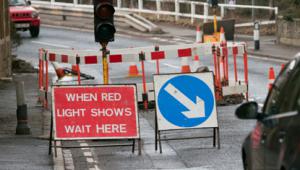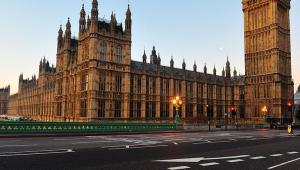The Local Government Association today said urgent action was needed as some areas of the country faced gridlock from the estimated 2.5 million utility openings from gas and water and cable providers each year.
It should be easier for councils to introduce lane charging schemes, where firms have to pay to dig up the busiest roads during peak times, the LGA said.
Currently, town halls need to get the approval of the transport secretary for such schemes, with London and Kent the only areas so far granted approval.
However, LGA transport spokesman Peter Box highlighted that in the two years since the scheme was introduced in London, it has cut serious and severe disruption from roadworks by almost half.
With traffic levels set to increase by 55% to 2040, many towns and cities could face gridlock if councils cannot act, he stated.
“However, local authorities are being hamstrung by a lack of effective powers to tackle this issue head on. Councils know their areas best and should be able to make decisions about traffic locally. This means they need the option of being able to introduce lane rental schemes without secretary of state approval, which is time-consuming and bureaucratic.”
The system would also stop bad reinstatements of the road adding to the £12bn repair backlog for local roads, Box added.
“Expanding the lane rental scheme nationwide would incentivise utility companies to do the job right first time around and help get our traffic moving again.
“With the increasing demand for new and upgraded services and an ageing utility infrastructure there needs to be powerful incentives to ensure utility companies carry out necessary work in the most effective way with the absolute minimum of disruption.”




















